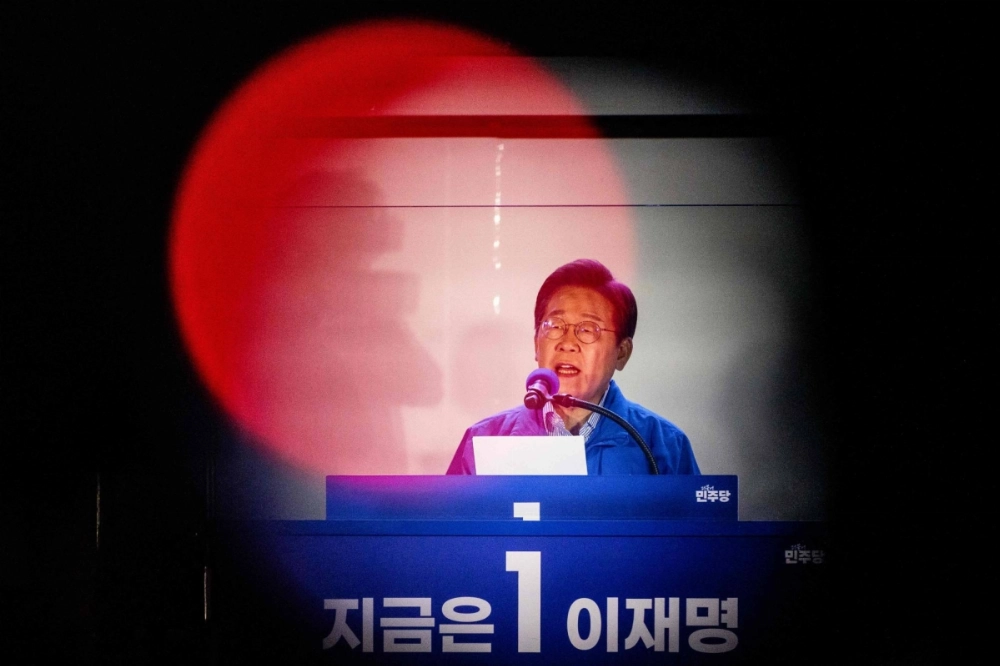South Korea voted for a new president on Tuesday, with exit polls showing liberal Lee Jae-myung of the Democratic Party (DP) set to ride a wave of unease about the economy and political instability to a victory expected to have ramifications for Seoul’s relations with Tokyo.
Lee, the front-runner in the race since campaigning began May 12, secured 51.7% of the vote — a 12.4 percentage point lead on his closest competitor, conservative rival Kim Moon-soo of the governing People Power Party (PPP), who garnered 39.3% of the vote, according to exit poll data jointly compiled and released major broadcasters KBS, MBC and SBS after voting wrapped up at 8 p.m. Another right-leaning candidate, the Reform Party's Lee Jun-seok, received 7.7% support.
South Korea’s National Election Commission said that 79.4% of the country’s 44.39 million eligible voters had cast their ballots in the vote, the highest rate since the 1997 election, when the turnout hit 80.7%.


















With your current subscription plan you can comment on stories. However, before writing your first comment, please create a display name in the Profile section of your subscriber account page.